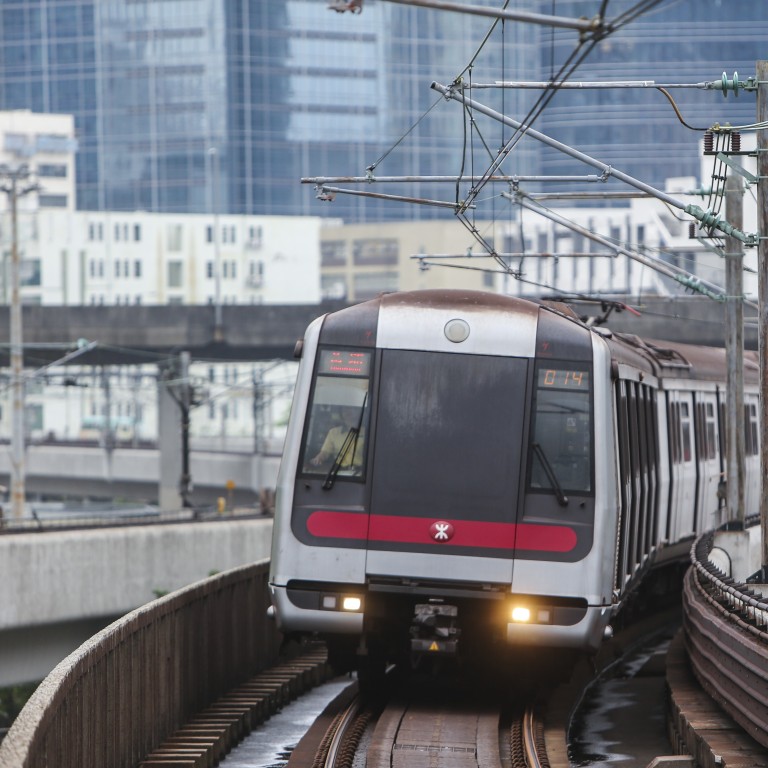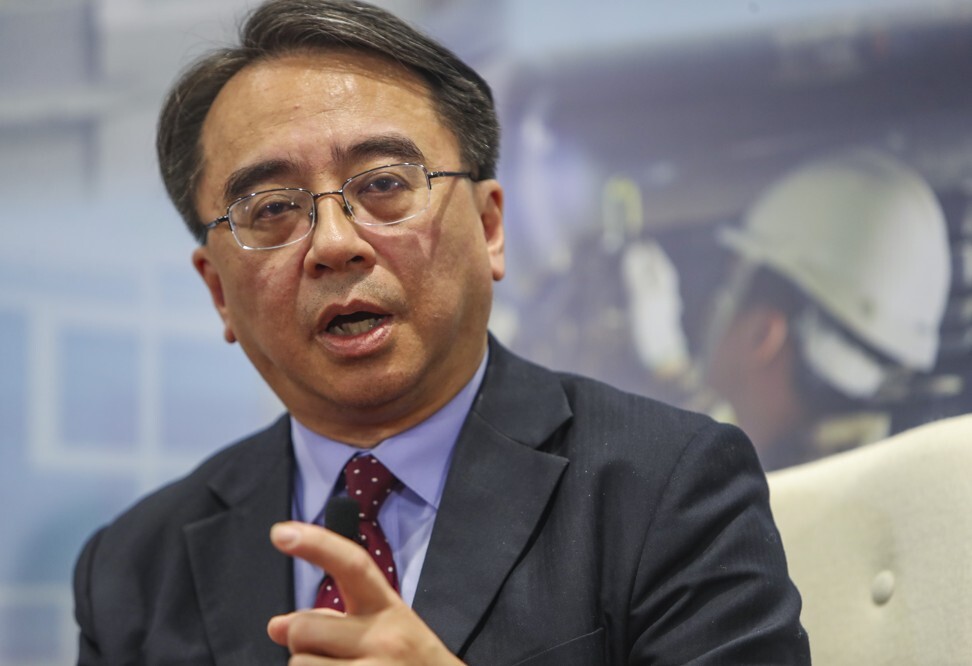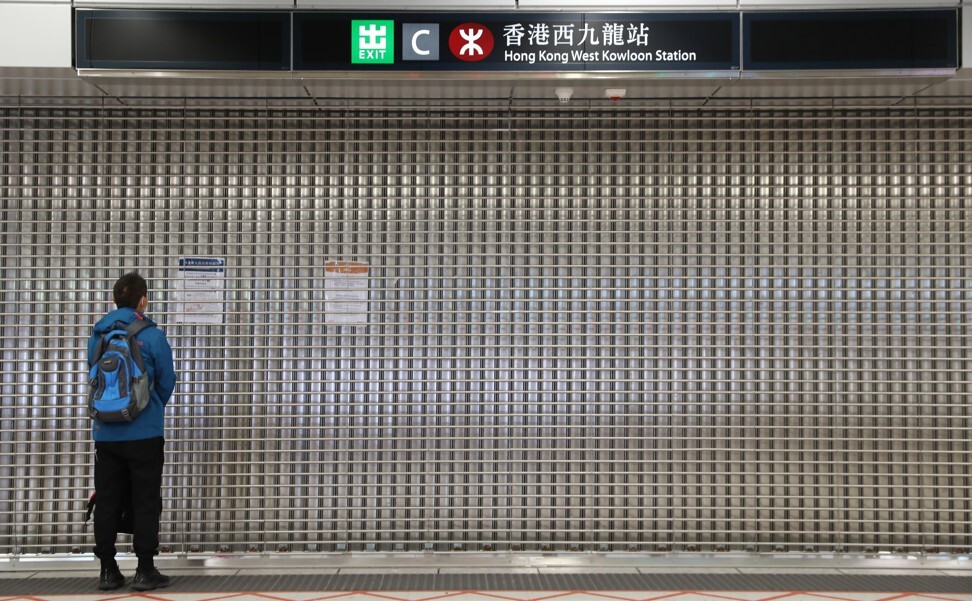
Hong Kong MTR sells US$1.2 billion green bond, largest issued in the city, after Covid-19 crisis leads to its worst financial performance in two decades
- Sale of the 10-year green bond is likely driven by the need to raise funds to plug the hole in finances caused by the health crisis, analysts say
- Issuance oversubscribed with an order book of more than US$3.75 billion: rail operator
Hong Kong’s embattled rail operator has sold a 10-year green bond worth US$1.2 billion in a move seen as an attempt to alleviate the financial damage wreaked upon it by the Covid-19 pandemic.
The MTR Corporation said late on Wednesday that it had issued the largest green bond ever offered in the city, under its US$5 billion debt issuance programme, the second time in four years it had tapped into green finance.
The corporation said the issuance was oversubscribed with an order book of over US$3.75 billion, allowing the final issue price to tighten by 0.42 per cent from the initial price guidance.
MTR racks up HK$334 million loss in worst performance since 2000 listing
The rail giant noted there was strong demand from a diverse group of institutional and green investors in Hong Kong, Asia and Europe.
“Being the largest green bond issued from Hong Kong, the success of the issuance indicates that the corporation’s green strategy has been well endorsed by international investors, who are willing to lend support to the sustainability of our businesses,” said MTR Corp’s finance director Herbert Hui.
MTR’s CEO Jacob Kam Chak-pui said the move further reflected its commitment to the environment and sustainable community development. “The sustainability journey is a never ending one, but MTR shall continue to explore playing an active role and making further contributions,” he said.
Green bonds are a type of fixed-income financial instrument created to fund projects that have positive environmental benefits.

The rail operator recorded net losses of HK$334 million (US$42.8 million) in the first six months of 2020, from a profit of HK$5.5 billion in the same period last year – its worst performance since going public two decades ago.
Kam admitted earlier that the overall financial impact of the Covid-19 pandemic was HK$5 billion on the company’s recurrent business, and the outlook was hazy.
Part-privatised in 2000, the government now owns about 75 per cent of the corporation.
In a bid to contain the virus, all cross-border railway services have been suspended since January 30, and in Hong Kong, all but three border checkpoints have been closed indefinitely.
The most likely intention [of the issuance] is to raise funds to fill the financial loss caused by the pandemic
This has brought the Guangzhou-Shenzhen-Hong Kong Express Rail Link, and intercity lines to Guangzhou, Beijing, and Shanghai, grinding to a halt.
Francis Lun Sheung-nim, chief executive of Geo Securities, said he believed the move was to cover the loss incurred by the Covid-19 pandemic.
“Usually the issuance of a bond is to cope with a big amount of capital expenditure, but I can’t think of any big investment the MTR is making. The most likely intention is to raise funds to fill the financial loss caused by the pandemic,” he said.
The rail firm said the issuance of green bonds, use of proceeds and eligible investments were governed by its sustainable finance framework, which covers those in support of the United Nations sustainable development goals such as low carbon transport, energy efficiency, pollution prevention, and biodiversity and conservation.

First issuing a green bond in 2016, together with subsequent green finance arrangements, the MTR Corp has raised HK$16.8 billion so far, funding projects which improve energy efficiency, enhance railway service and conserve nature.
They included the Kwun Tong Line Extension, South Island Line, replacement of air-cooled chillers in the MTR network, installation of energy storage equipment in a depot and ventilation building as well as conservation of the Lok Ma Chau Wetland, which is managed by MTR.
Carrying a coupon rate of 1.625 per cent per annum payable semi-annually with a maturity date of August 19, 2030, the new green bond was priced at 98.695 per cent face amount with an overall yield of 1.768 per cent.
The bond is expected to be rated “AA+” and “Aa3” by Standard & Poor’s and Moody’s Investors Services respectively, both on a par with the sovereign ratings of the Hong Kong government.
Sean McNelis, global co-head of debt capital markets at HSBC, which was the sole sustainability advisor on the transaction, said: “Hong Kong has quickly become one of the region’s most active and diverse green bond markets, across both the issuer and investor communities.
“MTR’s US$1.2 billion transaction is the largest of its kind yet seen in the city, and the significant oversubscription demonstrates the appetite both for strong corporate names and the green format more broadly.”

